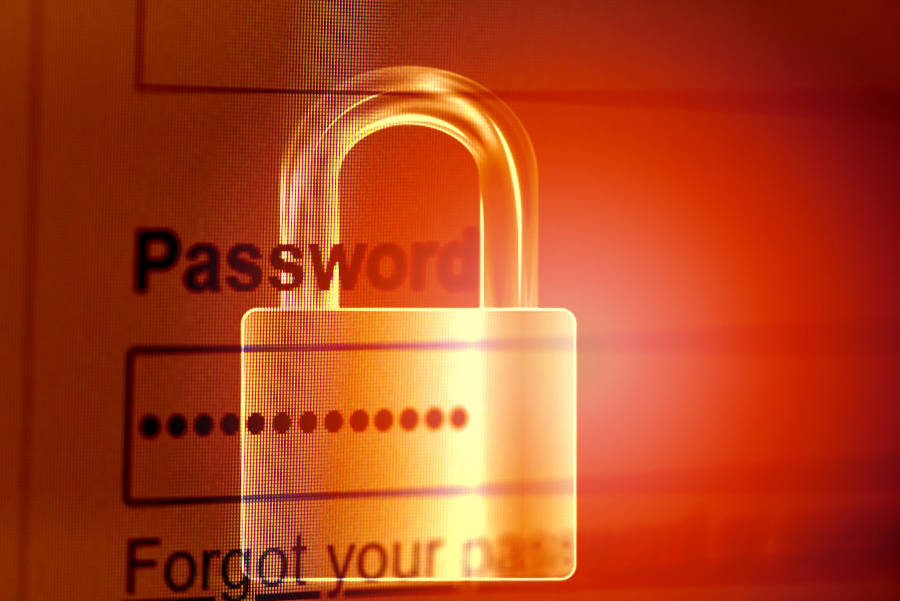It’s like a scene from a suspenseful horror movie: Your coffee maker mysteriously turns on, your heater gets cranked to the max, your front door unlocks, and your televisions is suddenly displaying real time video of your baby sleeping in the next room. But before you look up your local exorcist, have a look at your online practices. The “ghost” may very well be the “ghost in the machine”. Cyber-criminals like to say “boo” so you say, “boo-hoo!” Tears for Fears.
The above scenario is no longer just the realm of screenwriters and sci-fi writers. Because of IoT (Internet of Things) these incidents can, and indeed have, come to fruition. Sure it’s nice to turn lights on and off or see activity in your home from the convenience of your laptop or smartphone from anywhere in the world, but the truth is that if you’re connected to the internet someone else can hack into your life.
It gets even scarier when one considers that these criminal practices can extend far beyond the home. What if that GoPro footage you shot while mountain-biking down a steep mountain trail nullifies an insurance claim? What if all your health or educational information is leaked, causing you personal embarrassment or preventing you from being hired? What if your car is hacked into, veering you into another vehicle or off a cliff?
The fact is all of the above situations can or will soon be able to be executed and it doesn’t take the Millenial craft beer latte drinking, hoodie-wearing geekspeaker to do it. It’s becoming easier and easier. A simple result on most search engines will tell you how to find out almost anything. You don’t even need to spell the query right!
Now most people have heard something about cyber-criminal activities, usually involving big corporations. This has a two-fold effect. For one, it gives cyber criminality a Robin Hood-esque appeal - stick it to the man! This makes the appeal of hacking much greater for many more people. Second, having the impression that only the wealthy are affected provides a false security-blanket that has more holes than gramma’s moth-eaten sweater. It can, and probably has, already happened to you. Studies show this to be true. Like beauty, personal worth is in the eye of the beholder!
Of course there’s that fine line between awareness and paranoia; a line as thin as dental floss from the Dollar Store. And that line gets even finer when one considers that a lot of cyber-criminal activity is so lo-tech, it doesn’t even need a computer. A quick glance over your shoulder on the bus or at an ATM machine and all of a sudden your private pics are on Instagram and your bank account is drained. Pissed off at your girlfriend or boyfriend and texted your feelings to your buddy? Now it’s all over Twitter and you’re a cyber-bully.
So what the hell can we do about this? Going off the grid and moving to a remote cabin is an option, I suppose. But if you’re like me and hunt and gather at Walmart, this isn’t really an option. I dare you to go back to paying your bills through snail mail or physically going to a bank to pull out the cash you need for an entire weekend. Or re-learn how to use a rotary phone. It’s not going to happen.
But, there are some simple solutions out there to help improve our cyber hygiene, solutions that don’t cost a lot of time or money. First, look at your worth not from you or your family and friends’ point of view, but from the view of a potential cyber attacker. You’re just a janitor? Well, what about your login credentials to read company emails? That’s all a hacker needs to get into the company’s system. Be sure to change your password often, use a different one for each account and please, don’t use anything obvious like birthdates, last names or the infamous “Password123”.
Next, take a page from all those crime shows you’re glued to (and try not to think about being watched through your smart TV while you’re doing it in your underwear) and learn basic OPSEC. This is basically just being aware or your surroundings and observing the potential dangers. Where are all of the mall’s exits in case of a fire, or worse? Are we back to being paranoid again? No, just realistic. You get the idea.
Finally, when using public wi-fi, don’t enter any passwords on sites that require it. Also, avoid opening attachments on emails, even from friends, and certainly don’t open any emails you don’t recognize.
These solutions are, of course, just the tip of the iceberg and they are melting just as fast. Learn what’s out there, good and bad, stay on top of technology and don’t be afraid to ask questions. Knowledge is, and will always be, power.

